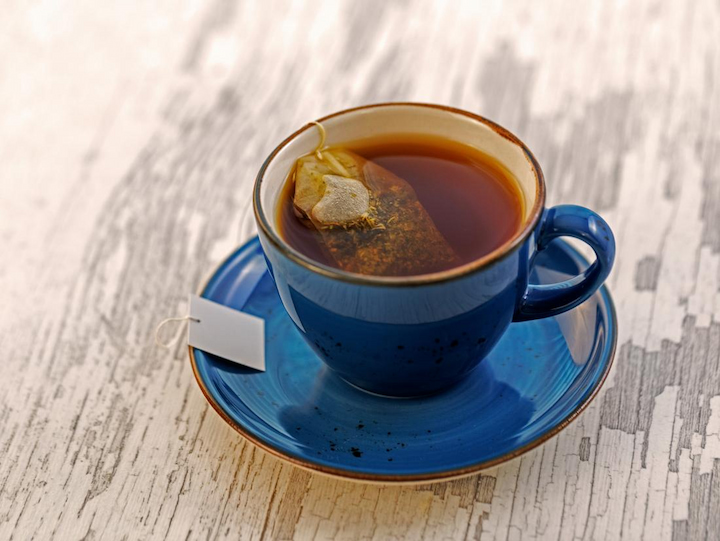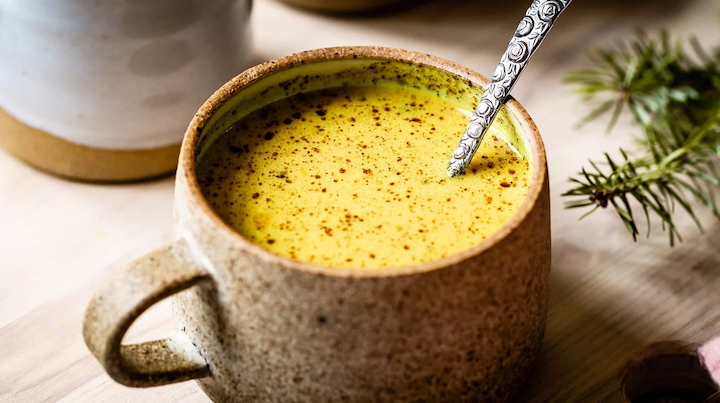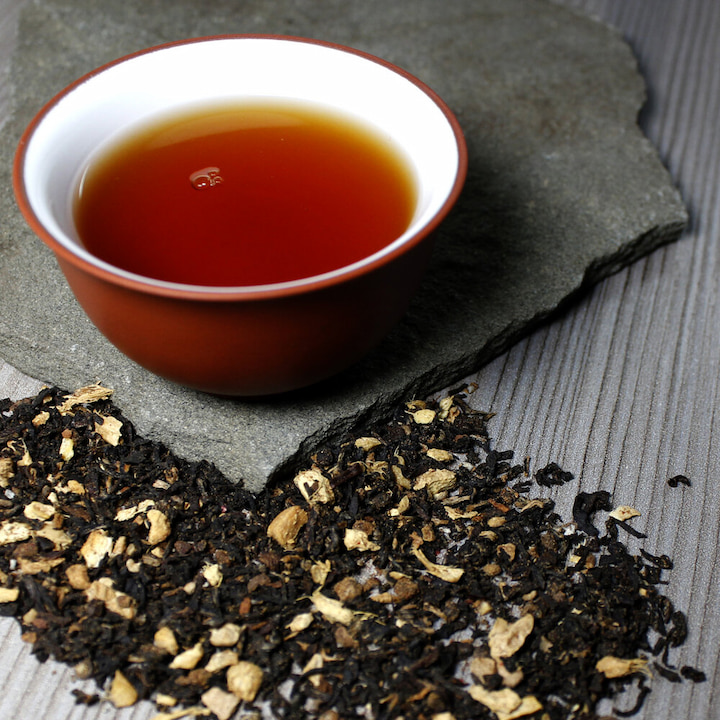Many people drink coffee in the morning, while others opt out of it for a variety of reasons. The high caffeine content — 95 mg per serving — can cause anxiety and agitation in some people, which are commonly referred to as jitters. It can result in digestive upset and headaches in certain individuals.
Some simply dislike the bitter taste of coffee or are bored with their usual morning cup of joe. So if you have your reasons for not drinking coffee but still want that extra source of energy, here are 8 excellent substitutes worth trying:
Black Tea
There’s a good reason why black tea is so widely consumed. It contains caffeine — though far less than coffee — and has a variety of health benefits that can positively impact your day-to-day life.

It’s derived from the Camellia sinensis plant and is frequently combined with other plants to create different flavours, such as chai. Any reliable black tea supplier will be able to provide you with a detailed selection of different blends, offering a selection of delicious alternatives to your morning coffee.
Given its high concentration of antioxidants, black tea helps protect one’s body from illnesses, including cancer and diabetes. Its potent mix of L-theanine and caffeine can give one a steady energy boost throughout the day, without causing uncomfortable jitters.
Moreover, it contains flavonoids which help strengthen bones and teeth, as well as improve cardiovascular health. They can also help improve your brain’s ability to learn and remember, helping you become more alert and productive. Seeing as we all lead fast-paced lives and have heavily packed schedules, this is certainly a welcome addition.
And seeing as black tea is much less acidic than coffee, it doesn’t cause any stomach discomfort. It’s easily absorbed by the body and offers a unique, deliciously sweet flavour. Its distinct aroma is enough to wake up anyone in the morning and get them ready for the day ahead.
Plus, it’s quite easy to find and prepare — just find a well-stocked black tea supplier and get creative with your brewing. You can stew it, add milk or sweeteners, or even top it with fresh fruits and herbs. Who says you can’t experiment with your morning routine?
Matcha Tea
Matcha is a type of green tea made by steaming, drying, and grinding Camellia sinensis plant leaves into a fine powder. Unlike brewable green tea, here you consume the entire leaf. As a result, you get a much more concentrated source of antioxidants. Observational studies suggest that drinking green tea on a regular basis may lower your risk of developing high blood pressure.
Green tea has also been linked to lower body fat and weight, as well as a lower risk of type 2 diabetes. Matcha has a light, refreshing flavour that some describe as earthy. You can get your matcha powder at your local herbs and tea store.
Golden Milk
Golden milk is a rich, caffeine-free coffee substitute. This warming beverage contains energising spices like ginger, cinnamon, turmeric, and black pepper. Cardamom, vanilla, and honey are also popular additions.
Turmeric may have powerful anti-inflammatory properties due to the potent chemical curcumin, in addition to giving your drink a beautiful golden colour. Furthermore, both black pepper and fat improve your body’s ability to absorb curcumin. As a result, you might want to use whole milk instead of fat-free milk for this drink.

Lemon Water
Changing up your morning beverage doesn’t have to be difficult. Lemon water is an exceptional way to get your gears turning in the morning. It’s low in calories and caffeine, and it’s high in vitamin C.
Vitamin C, as an antioxidant, helps your immune system and protects your skin from sun damage. It’s required for the production of collagen, a protein that serves as the foundation for your skin, tendons, and ligaments.
Simply add the juice of half a lemon (1 tablespoon or 15 mL) to 1 cup (237 mL) of cold water yields 10% of your RDI for vitamin C in one glass. Cucumbers, mint, watermelon, and other fruits and herbs can be added for a variety of flavours.
Yerba Mate
The dried leaves of the South American holly tree are used to make yerba mate, a naturally caffeinated herbal tea leaf. If you want a coffee substitute but don’t want to give up your morning caffeine, yerba mate is a good option.
One cup (237 ml) contains approximately 78 mg of caffeine, which is comparable to the caffeine content of a standard cup of coffee. Yerba mate is also high in plant compounds that act as antioxidants. In fact, some studies suggest that it contains more antioxidants than green tea.
It also contains minerals and vitamins such as riboflavin, thiamine, phosphorus, iron, calcium, and vitamins C and E. It has a bitter taste that you have to get used to. But you can always add a natural sweetener such as xylitol to balance out the flavours.
Despite its purported health benefits, yerba mate should be consumed in moderation. High, consistent intakes of 1-2 litres per day have been linked to increased rates of certain types of cancer in studies.
Chai Tea
Chai tea is a black tea that has been blended with strong herbs and spices. Despite having less caffeine (48 mg) than coffee, studies indicate that black tea may improve mental alertness.
Both black and green teas are made from the Camellia sinensis plant, but black tea is fermented, which changes its chemical composition. Both appear to have potent antioxidant properties. Observational studies have linked drinking black tea to a lower risk of heart disease, though more research is needed. Chai tea has a robust flavour and a pleasant aroma, in addition to its potential health benefits.

Rooibos Tea
Rooibos, also known as red tea, is a caffeine-free beverage native to South Africa. Unlike coffee and other teas, rooibos contains a few tannin antioxidants, which can be beneficial but also inhibit iron absorption.
Despite its low tannin content, rooibos contains a significant amount of other antioxidants. One in-vitro study suggests that rooibos may help protect against heart disease, while another suggests that it may help reduce cancer risk. Rooibos takes longer to steep than most teas, and over-steeping does not result in a bitter taste. Instead, rooibos has a slightly sweet, fruity flavour.